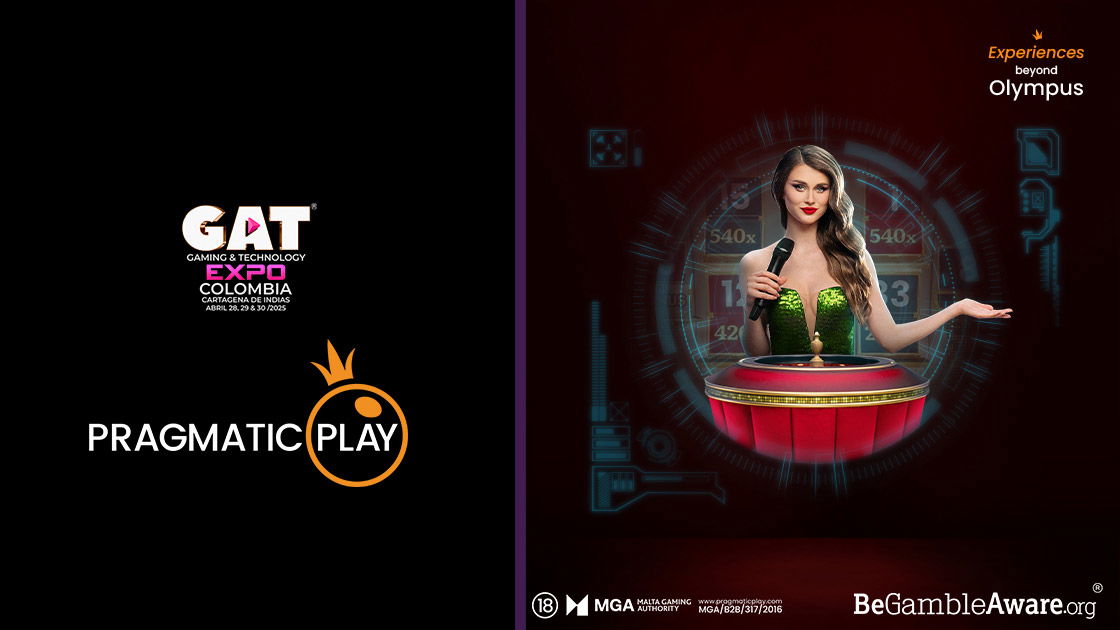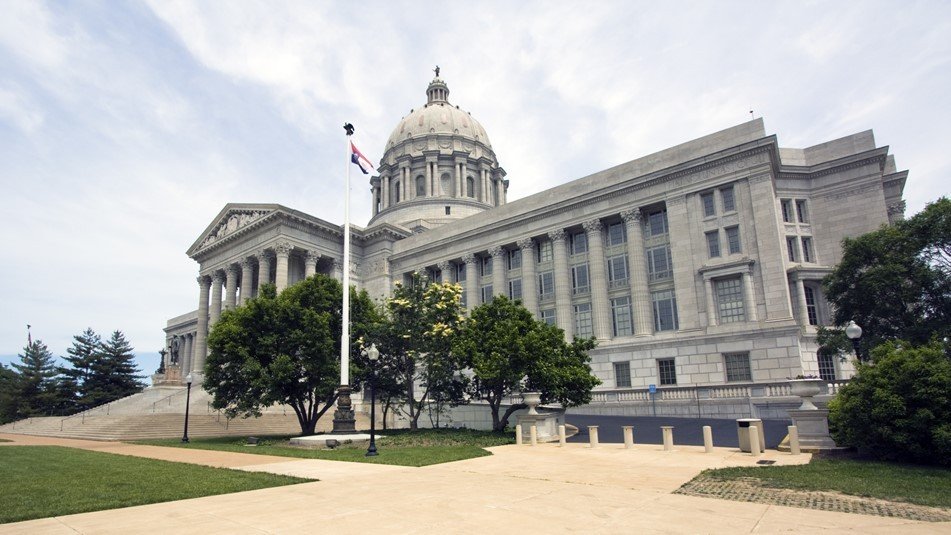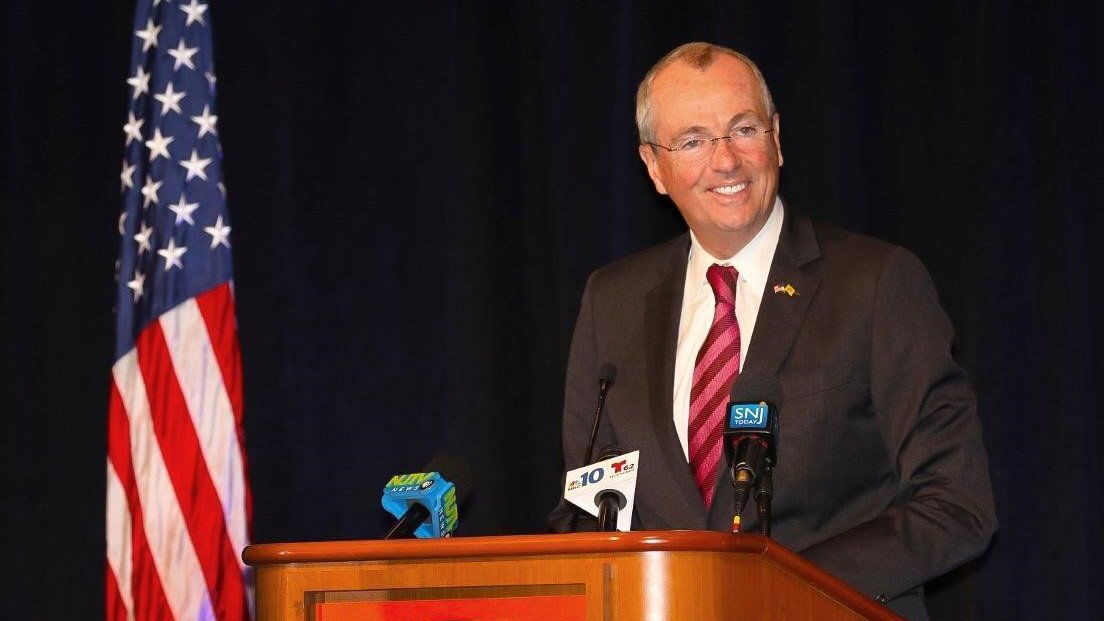Brazil considers capping local player bets on foreign sites

If the bill drafted by Senator Ciro Nogueira is approved, operations with credit or debit cards as well as electronic currencies in betting sites that operate outside the country would be prohibited.
The decision responds to a previous amendment presented on October 4 by Senator Plínio Valério, which incorporates the phrase that determines that in Brazil "gambling is not allowed."
The project establishes that “the Central Bank of Brazil, respecting the guidelines established by the National Monetary Council, will determine the rules for the implementation of control mechanisms aimed at preventing financial institutions from issuing credit or debit cards, as well as any other method of payment, to authorize transactions regarding games of chance on electronic sites hosted on servers located outside the country, where games of chance are not allowed”.
“The proposal dismissed an important technical issue, which could make compliance with the measure unfeasible: if the site is hosted outside the country, it will probably also be accredited with a foreign regulatory body. Thus, the Brazilian issuer would not have information about the site in order to not authorize this type of transaction”, Mello explained.
"There is a legal discussion in this case," he added, "given the fact that if the site is hosted on a server outside the country, in a jurisdiction where gambling is allowed, the Brazilian legislator would lack the jurisdictional scope to prohibit a Brazilian from playing a game on a website located in a country where such practice is permitted”.
According to PLS 213/2017, it will be the responsibility of the Central Bank to establish the control rules, prohibiting companies from authorizing payments for this purpose, as well as any money transfers between players and providers.
To support the project, Ciro Nogueira estimated that Brazilians spend around 3 billion reais (USD $542.10 million) a year on international betting sites.
Senator Mello's report recommends the approval of the bill and presents only one amendment to extend the legal prohibition of the purchase of credits for games in simulated environments, in order to avoid maneuvers that make it impossible to monitor operations. The CAE's decision is final: if the bill is approved and there is no appeal from the full floor, the text goes directly to the Chamber of Deputies for analysis.

















































